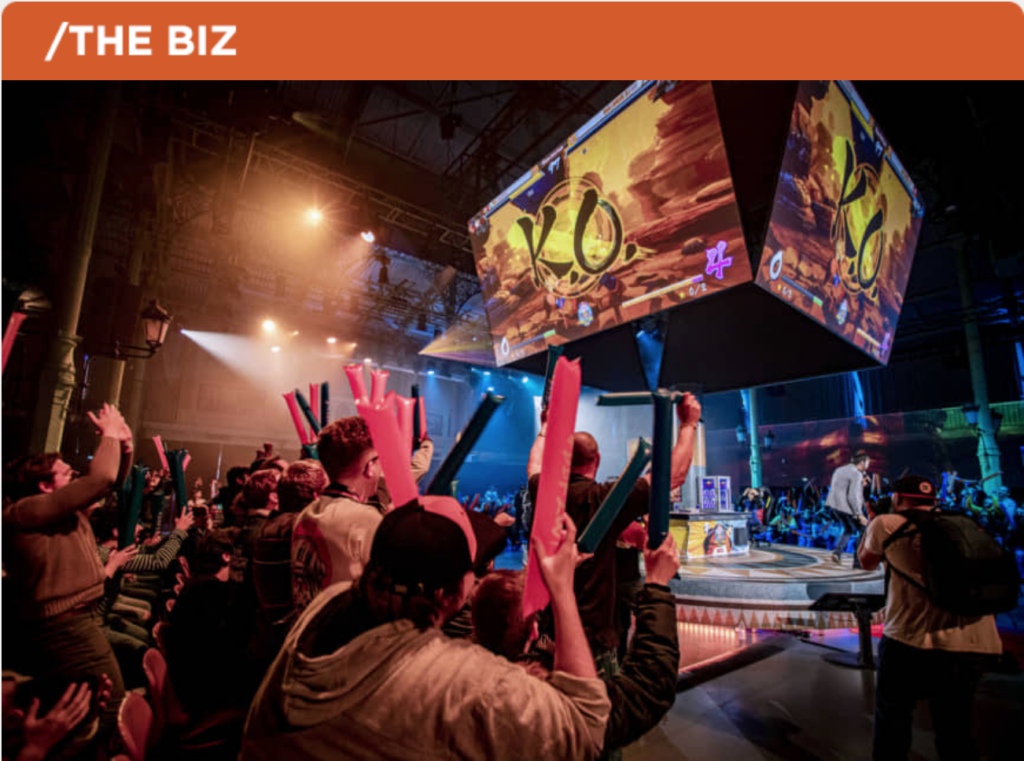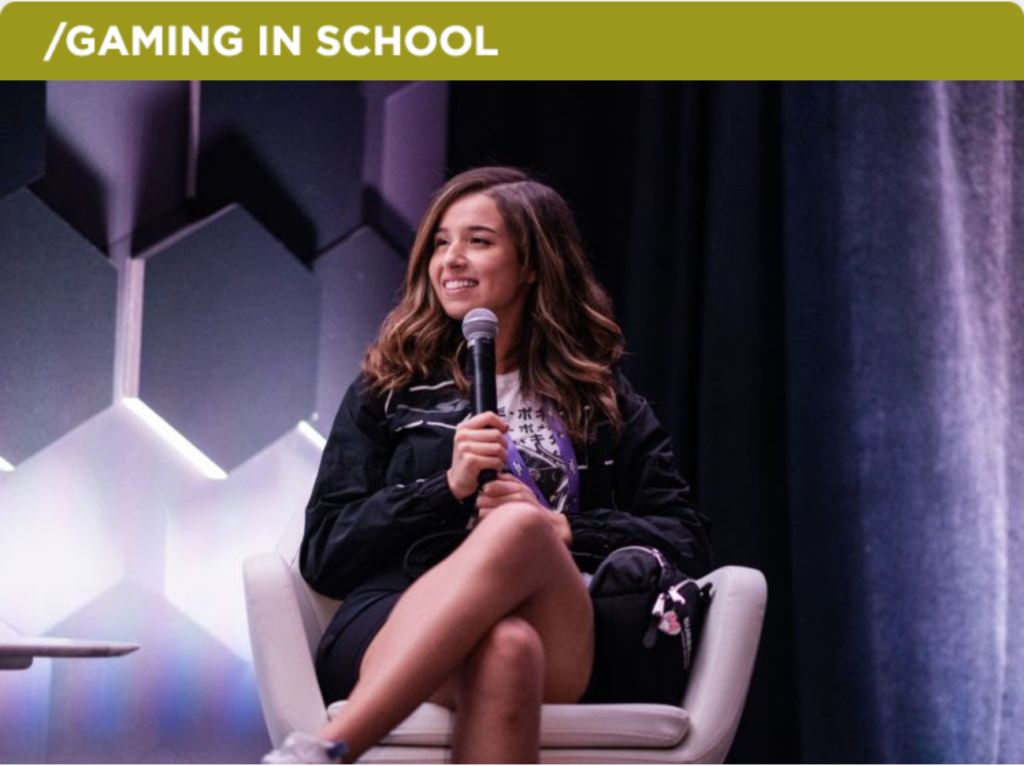


/IS EVERYONE IN ESPORTS ON ADDERALL?
Adderall is now under scrutiny in esports much like performance-enhancement drugs are in traditional sports, thanks to a recent feature by the Washington Post. The medication is typically used to treat attention deficit issues for individuals with disorders like ADHD. However, it can be abused to increase highly-essential skills for video games, including focus, reflexes, and precision, in professional esports players as well. Vyvanse and Ritalin are also drugs of the same type used to enhance these traits.
Notable Counter-Strike player, Kory “Semphis” Friesen, stated in an interview that he and his team had taken Adderall while playing in a $250,000 tournament. Finnish DPS player, Timo “Taimou” Kettunen, made a bold claim that at least “like 20 or so” Overwatch League players use Adderall as an enhancement tool. Another Gears of War pro player echoed the sentiments on Twitter: “Dude the GoW community has easily over half the players using it.”
Adderall is an issue in esports because it can give one team a measurable advantage over another, making it into an issue of unfair play. If it seems like such a clear taboo, then why isn’t it being talked about?
“Nobody talks about it because everyone is on it,” former Call of Duty World Champion, Adam “KiLLa” Sloss said in his interview with the Post. He was asked if he personally saw the use of Adderall in the community and he responded: “Witnessed? Yeah, very frequently and a lot to be honest. It’s a major problem.”
There is at least one league currently with protocol to combat abuse of performance enhancing drugs. As of February 2016, ESL has worked with Esports Integrity Coalition (ESIC) to conduct drug tests at all ESL tournaments. The ESIC’s Anti-Doping code list contains stimulants commonly used to treat ADHD.
Will other leagues follow ESL’s lead and begin a similar enforcement policy in their own tournaments? Now that the issue is out there in the open, it’s likely just a matter of time.

/BLIZZARD MOVES CHINESE OVERWATCH LEAGUE GAMES TO SEOUL
In late January, Blizzard announced that all Chinese Overwatch League games would be canceled for the months of February and March due to the coronavirus outbreak. No plans were set in place immediately to make up for the postponements of five homestands scheduled to be held in Shanghai and Guangzhou, but OWL has finally set up a contingency in Seoul, South Korea.
These canceled matches will now take place at a studio in Seoul and will occur during week six and seven (March 14 and 15 and March 21 and 22, respectively) of the current schedule, as described in a news update by the Overwatch League. Some makeup matches “might be added to the Seoul Dynasty homestand” on March 7th and 8th.
The original cancellation of February and March events in China affected more than 27 games. The coronavirus outbreak caused teams like the Shanghai Dragons and Guangzhou Charge to move their practices to South Korea in order to protect staff and players, so it only makes sense to also move the games themselves to Seoul.
Unfortunately for local fans in China, this means they won’t be able to see their favorite players in action, which is the whole point of this current season of the OWL. How these changes will affect the bottom line purses of franchises like the Dragon and Charge remains to be seen.

/US ARMY LOOKS TO ESPORTS FOR RECRUITMENT OPPORTUNITIES
What do you do when you miss an Army recruitment goal? Try to find new approaches for attracting potential soldiers through esports, of course. In 2018, the US Army reported a shortfall of about 65,000 soldiers which got the wheels turning for different recruitment avenues to hit the target of 500,000 active-duty service members by the end of the 2020s.
In late 2018, the Army swiftly rolled out plans to build an esports team. Their release said that the intention was to “build awareness of skills that can be used as professional soldiers and use [its] gaming knowledge to be more relatable to youth.” As a result, nearly 6,500 soldiers applied to be on the team with an earmarked 30 spots. It was an eye-opener for future capture and retention of soldier recruits.
Since the roll out of their esports plan, the army has moved into 22 cities with educational and recruitment forces. They’ve built trailers for their events for soldiers to demo their game skills in and for guests to interact with, and they’ve shifted their advertising to an almost entirely digital plane. Army Secretary Ryan McCarthy calls this “a comprehensive approach to improve our performance in a variety of demographics, whether that’s male-to-female ratios or ethnicities.”
Some find this approach distastefully appealing to the younger demographics, and some anti-war groups have moved to block access to the esports army trailers on campuses. McCarthy responded to the comments with, “We’re in a war for talent in this country — 3.5% unemployment, they have a lot of opportunities.”
We’ll see if the Army can thank esports for their soldiers by end of 2020.

/INTEL WORLD OPEN SIGNALS SHIFT IN JAPANESE ESPORTS INTERESTS
Japan has been rolling out the red carpet for the upcoming 2020 Summer Olympics for almost seven years since the original announcement that Tokyo would be hosting. The Olympics are being touted as a way for the country to demonstrate its “soft power” cultural influence on the world stage, which makes sense given all the media the country exports. Of course, a large portion of Japanese cultural exports are video games. But the curious fact of the matter is that esports lacks the same hold in Japan as it does in other areas of the world. The Intel World Open being hosted right before the Olympics may just change that tone.
The International Olympics Committee is fully supporting the Intel World Open and will bring international competitors to the country to play Street Fighter and Rocket League in Tokyo’s Olympic Games arena. It’s a formal crossover between esports and the Olympics, as well as Japan’s first major esports event of the new decade, making it a critical point for the country’s trajectory in the market. Esports prize pools have made it difficult for organizers to get past gambling laws in the country without the Japanese Esports Union, but an IOC event can definitely make lawmakers reconsider their stances in the future.
The Japan Times issued an entire opinion piece detailing the need to embrace esports over the next decade. Most of it surrounds the concern that their domestic video game giants like Sony, Nintendo and Sega “have all failed to launch successful esports properties, in part explaining a general decline in their global audience.” This is a concern that cannot be ignored if the country wants to reorient an economy around “a locus of soft power” in the years to come.
If the US Army can successfully roll out an esports team, Japan can surely embrace the industry in its own way.

Get up to $750 off on MAINGEAR gaming rigs and accessories. Spend Your Holiday Gaming, Not Shopping For The Best Deal.
If you are ever in need of high-performance and incredible-build qualify powered by the most advanced technology, look no further than our friends at MAINGEAR. The team at MAINGEAR provide the best-in-class gear from gaming laptops and desktops to gaming chairs and backpacks.

/POKIMANE DONATES $50,000 ENDOWMENT TO UCI ESPORTS PROGRAM
Streaming can be philanthropic, or at least that’s what Imane “Pokimane” Anys set out to prove by donating $50,000 to UCI Esports this past week. UCI announced this donation in a news post stating the funds would go toward “creating an endowment that will fund tuition and fees for gamers selected by UCI Esports.”
This is UCI Esports’ first endowment in the history of its 4-year program. Pokimane said, “I am so pleased to be able to give back to the gaming world, which has given me so much. I love being able to share my experience of how I got to where I am today in hopes that it will help others who are on their way. I’m also especially happy to be supporting UCI’s esports program because their students are focusing on gaming in addition to pursuing their college degrees – which, I can say from experience, isn’t easy!”
This is an important step for esports in general as it shows that the collegiate scene is growing sustainably enough to allow for grants to flow in. Investments will ensure that collegiate programs stay vibrant and can attract talent to keep their teams competitive, as well as keep the content the school produces for esports fresh.
Keep your eyes and ears open for news of more investments in college esports programs as the year continues to prove the expansion of the industry happening at a healthy pace.

We’re giving away a free gaming backpack every Tuesday to people who sign up here.
To start, you’ll get three entries in the drawing.
Want more? Then refer friends, follow us on social media, and more.
Love what you’re reading? Then forward us to your friends that love esports!